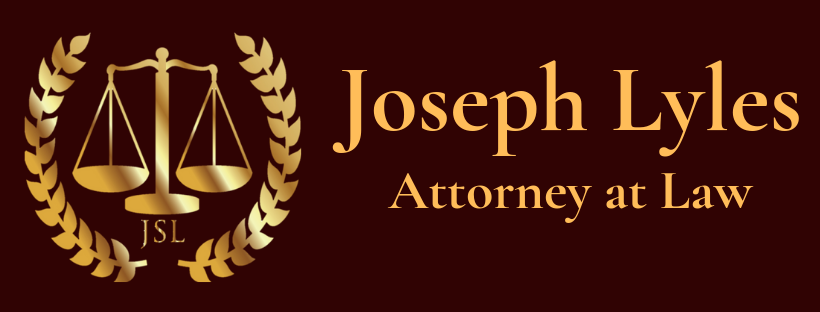Lesson 14: Don’t Represent Yourself in Court
From The Sue the Bastards section of How You Can Avoid Legal Land Mines by Joseph S. Lyles (2003)
“A man who has himself for a lawyer, has a fool for a client.” – Abraham Lincoln
The primary reason you should not act as your own lawyer is that it is very hard to be your own advocate while maintaining credibility. A lawyer is first and foremost an advocate for his or her client’s best interest. Yet, it is hard to argue strongly one’s own position in a dispute. You will be less likely to push your own position as effectively as an attorney would.
The courtroom is a unique environment with its own unique set of rules. While many of these rules of procedure are based on traditions that are hundreds of years old, other rules are the result of recent enactments or judicial orders. Thus, you must follow a complex, evolving set of rules if you are acting as a lawyer in a courtroom. In addition, you need to be aware that jury trials proceed in a certain order. You must know and be able to apply properly in their legal context such terms as “objection”, “sustained”, “denied”, “admission”, and “evidence”. These technical terms and the controlling rules of evidence are like land mines to the layperson who attempts to try his or her own case in court.
Properly trying a case in court is not easy. It is stressful and demanding, and it requires enormous concentration, alertness and well-orchestrated efforts. For these reasons, and others, few attorneys actually like to try cases, and the vast majority of attorneys stay away from the courtroom. Jury trials are particularly demanding and are even more carefully avoided by most attorneys than judge-alone or bench trials.
Ben’s Case
I represented a couple who agreed to purchase a lot from a man named Ben. They intended to place a manufactured home on the land. Unfortunately Ben, the seller, had not used an attorney to prepare the contract of sale, but instead simply used a form contract. This form contract was intended for a sale that involved the buyer paying the entire purchase price at one time at the “closing”. However, Ben had knowingly agreed to owner-finance the sale, thus allowing the buyers to pay in installments over several years.
The form contract Ben used also provided that the county property taxes on the lot be paid by the seller until closing. Because the sale of the land was not complete until the final installment was paid, the closing could not occur until then. As a result, Ben was required to pay the property taxes on the land for several years, which is normally the responsibility of the buyers. A simple meeting with an attorney would have saved Ben thousands of dollars.
The Lesson: The legal profession, like medicine, is one that should not be attempted by amateurs.
